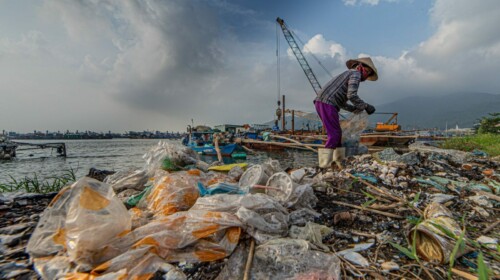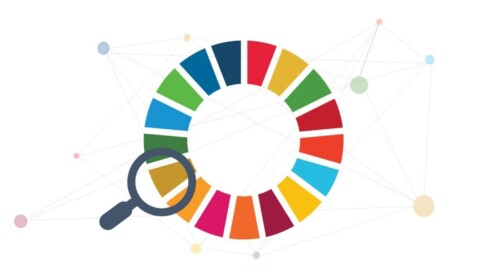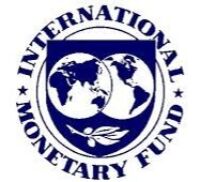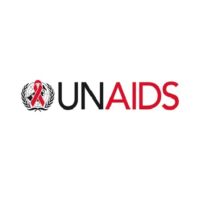ESCAP provides a forum for its member States to promote regional cooperation and collective action in pursuit of the 2030 Agenda for Sustainable Development and the Sustainable Development Goals, assisting countries to achieve shared economic growth and social equity. In addition, ESCAP gives stronger participation to the smaller and often left out voices of the region, the least developed countries, the small island developing States and landlocked developing States.
ESCAP’s norm setting and policy work ultimately impacts people’s lives in a positive way by helping countries shape and implement a more balanced and inclusive development agenda for the region.
The ESCAP secretariat comprises the Office of the Executive Secretary, nine substantive Divisions, the Division of Administration, and the Strategy and Programme Management Division. The delivery of ESCAP’s programmes is supported by the subregional offices and the regional institutions.
The Asia-Pacific region, a home of the two thirds of the world’s population, including the majority of the global youth, is emerging as the global driver for achieving progress on the 2030 Agenda and the 17 SDGs. Asia-Pacific has evolved into the world’s production facility for goods, food and services. That has aided Governments of the Asia-Pacific countries to make steady and unaltering progress and achieve accelerated economic growth in the last three decades, which has allowed them to reduce extreme poverty (on less than $1.90 per day) for hundreds of millions of their most disadvantaged people. While economic growth and productivity increases have brought great rewards, they have by no means been evenly distributed and have largely contributed to the regional increase of GHG emissions and the decline of the region’s limited environmental carrying capacity. The Asia-Pacific faces many unique challenges that both necessitate the achievement of the SDGs and hinder their progress. However, comprehensive understanding of the 2030 Agenda and the 17 SDGs provide the tools to address the current performance challenges for many of the SDGs through genuine and inclusive engagement of all for stakeholders, tapping into the region’s immense potential and diversity.










